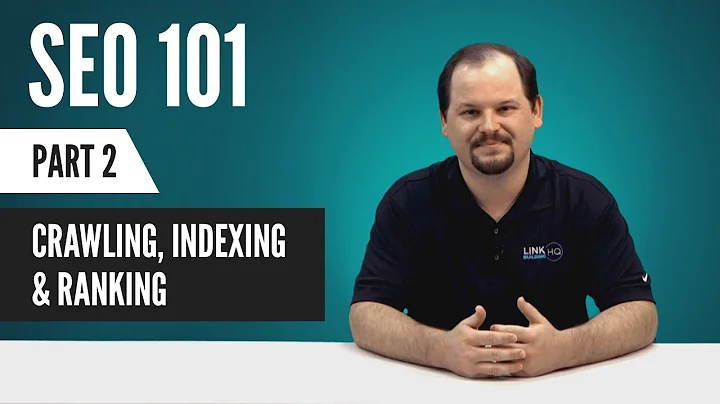Turning Disinterest into Future Opportunities
Table of Contents:
- Introduction
- Common Objections in Sales
- Handling the Objection: "I'm not interested"
- Understanding the Prospect's Perspective
- Building Future Business Opportunities
- Asking the Right Questions
- Following Up Effectively
- Techniques for Opening Conversations
- The High Ticket Closing Program
- Success Stories from Sales Professionals
Handling the Objection: "I'm not interested"
In the world of sales, objections are a common part of the game. One objection that almost every salesperson has encountered is the classic "I'm not interested." While many salespeople may become defensive or argumentative in response to this objection, it's essential to handle it with finesse. In this article, we will explore different strategies for effectively handling the objection of disinterest, and how to turn it into an opportunity for future business.
Before diving into the methods of handling this objection, it's crucial to understand that it is not a personal rejection. There are various reasons why a prospect might not be interested in buying at the moment. It could be a matter of timing, budget constraints, or the decision-making process within the prospect's organization. Therefore, it's important not to take it personally and approach the objection with a positive mindset.
One way to address the objection of disinterest is by asking a question that redirects the conversation towards the future. Instead of delving into why the prospect is not interested, ask them if they would consider you as the first point of contact when they do become interested. For example, you could say, "Next time you're in the market for a new sports car, could I be the first person you speak to for a second opinion?" By doing this, you lay the groundwork for future business opportunities and gain valuable insight into the prospect's needs and preferences. Don't forget to ask for permission to follow up and provide additional information that may change their perspective.
Another approach to handle the objection is by asking the prospect what would need to happen before they start considering other options. This question allows you to gather valuable information about the prospect's specific requirements or preferences. They might mention factors such as a lowered price or specific features they are looking for. You can then utilize this information in your future follow-ups by highlighting how your product or service meets their needs. By addressing their concerns and showing that you have made improvements based on their feedback, you increase the chances of closing the deal in the future.
Remember, the goal is not to secure an immediate sale but to lay the groundwork for future opportunities. Sales often require multiple follow-ups, so it's essential to approach each conversation and objection as a stepping stone towards a successful close. By handling the objection of disinterest with finesse, asking the right questions, and following up effectively, you can turn a seemingly negative response into a positive opportunity for future business.
Highlights:
- Handling the objection "I'm not interested" requires finesse and a positive mindset.
- Understand that the objection is not a personal rejection but may be due to various factors.
- Asking prospects if they would consider you as their first point of contact for future needs sets the stage for future business opportunities.
- Inquiring about the prospect's requirements before considering alternatives allows you to tailor your follow-ups to address their specific needs.
- Focus on building relationships and providing value rather than pushing for an immediate sale.
FAQ:
Q: How should I respond when a prospect says they're not interested?
A: Instead of arguing or asking why they're not interested, redirect the conversation by asking if you could be their first point of contact for future needs.
Q: What if the prospect mentions specific reasons for their disinterest?
A: Use the information they provide to tailor your follow-ups and highlight how your product or service addresses their specific concerns.
Q: How many follow-ups are typically required to close a sale?
A: Statistics show that approximately five follow-ups are often needed to close a deal successfully.
Q: How can I make my follow-ups more effective?
A: By providing value, addressing the prospect's concerns, and demonstrating how your offerings meet their needs, you can make your follow-ups more impactful.
Q: What if the prospect's objection is genuine and they genuinely have no interest?
A: Respect their decision but always leave the door open for future opportunities by building a positive relationship and offering your assistance in case their circumstances change.







